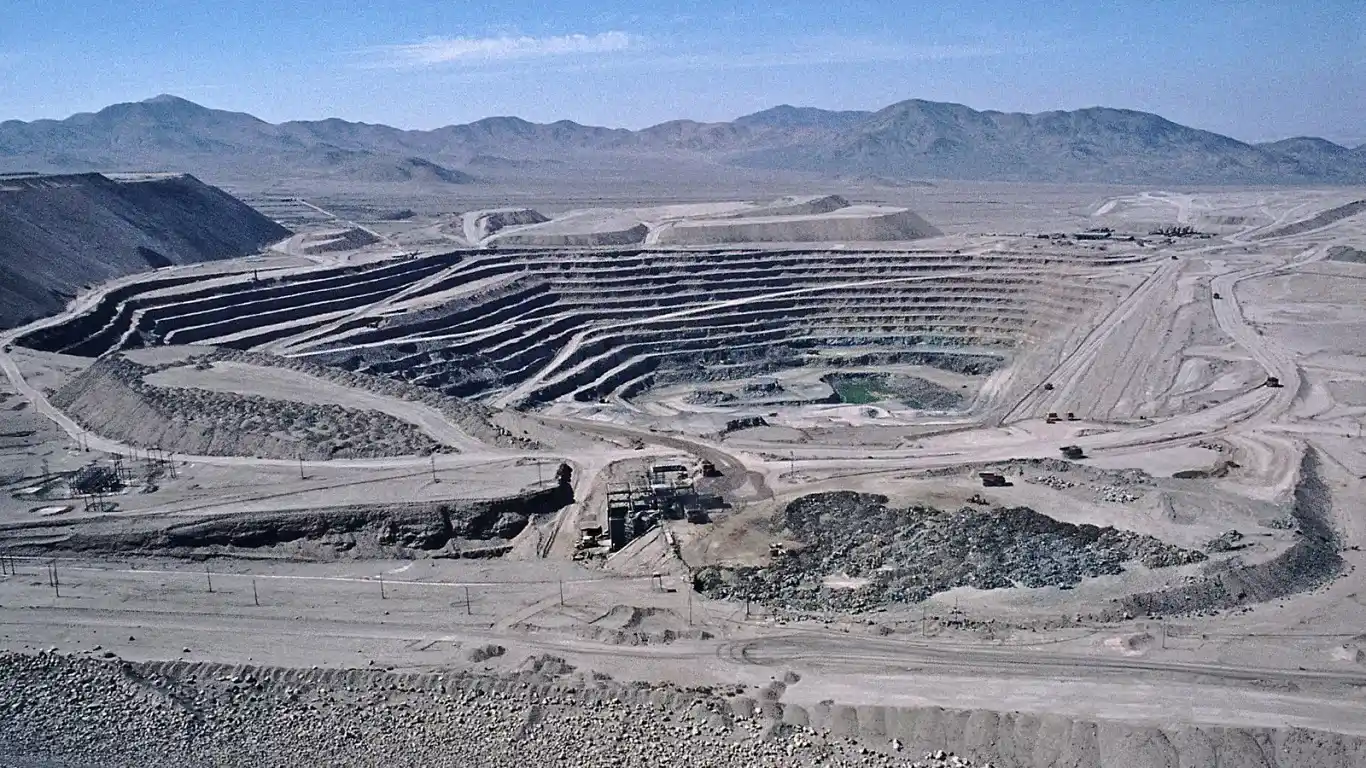As the West — especially under U.S. President Donald Trump — intensifies its race for critical raw materials, from Greenland to Ukraine, Russia is also attempting to claim a stake in this new “resource war.” President Vladimir Putin has announced plans to develop Russia’s deposits of rare earth elements, lithium, and other strategic resources. However, as Neue Zürcher Zeitung (NZZ) points out, the biggest winner in this scenario may not be Moscow, but Beijing.
Geological Wealth Without Infrastructure
Russia possesses enormous potential in extracting rare earths and other critical resources. Its vast territory — over 17 million square kilometers — holds dozens of little-explored deposits such as Lovozero and Khibiny on the Kola Peninsula and Tomtor in Yakutia. The latter, as recently revealed, is now set to be developed by the state-controlled oil giant Rosneft.
These resources have long been identified geologically but remained inaccessible due to a lack of infrastructure, harsh climatic conditions (e.g., thawing permafrost), and the massive investments required to launch industrial extraction. Herein lie two major issues: money and time. According to NZZ, it usually takes a decade or more to go from exploration to active mining.
Technological Dependence on China
Even if Russia can carry out geological surveys and start primary ore processing, it remains deeply dependent on foreign technology — particularly in the chemical separation of rare earth elements, a complex industrial process that is almost exclusively mastered by China. As NZZ points out, outside of China, these technologies are no longer available on a large scale.
A likely scenario is that Russia will extract raw materials but ship them to China for processing. The final product might bear a label like “extracted in Russia” but in reality would be “made in China.” This dynamic turns Russia into a resource appendage for Chinese industry.
Who Will Buy Russian Resources?
Even if extraction succeeds, a key question remains: who will buy Russian raw materials? The main demand for rare earths and lithium lies in China, the EU, and the U.S. But currently, China is the only realistic buyer for Russian concentrates. The U.S. and Europe, by contrast, are seeking to reduce their dependence on authoritarian regimes, especially Russia.
This leaves Moscow in a bind: striving for resource sovereignty while simultaneously relying on China for processing and consumption. As NZZ notes, China in this setup is simultaneously a competitor, a technology leader, and Russia’s primary customer. Under such conditions, building an independent and competitive Russian rare earth industry seems nearly impossible.
Internal Barriers: Corruption and Kleptocracy
Domestic political conditions also play a significant role. Russia’s political system, often described by analysts as an “authoritarian kleptocracy,” imposes its own constraints. In such a system, even presidential strategic initiatives risk being buried under corruption and cronyism.
According to NZZ, Russia’s current “cash cows” are oil, gas, coal, and certain metals such as nickel, titanium, and palladium. In theory, rare earths could be added to that list. But whether geologically promising projects ever go into full-scale production — or the allocated funds simply disappear into corrupt pockets — remains highly uncertain.
Western Response and China’s Role
Perhaps the most decisive variable is the reaction of other countries. As NZZ explains, neither China nor the West will passively watch Russia enter critical raw material markets. China will protect its near-monopoly through price wars, acquisitions, or “friendly assistance.” In Russia’s case, such assistance might include technological aid in exchange for cheap gas or military cooperation.
If Moscow resists deeper integration with Beijing, China can still process Russian ore and turn Russia into a Eurasian resource vassal.
The U.S., on the other hand, could deepen its cooperation with Ukraine, especially via the April 2025 agreement on joint resource development, while offering security guarantees to shield Kyiv from both Moscow and Beijing. Meanwhile, the EU — committed under its Critical Raw Materials Act to drastically reduce foreign dependence by 2030 — would likely see Russia as both an economic rival and a strategic threat.
A Chance or a Mirage?
In conclusion, NZZ argues that while Russia does possess the geological potential to become a significant player in the rare earth and critical minerals market, economic realities, technological limitations, geopolitical headwinds, and systemic corruption make this goal exceedingly difficult to achieve.
Yes, with enough time, money, Chinese protection, and total disregard for environmental consequences, Russia could eventually emerge as a global supplier of rare earths and lithium. But whether Putin will live to see that day is doubtful. In the meantime, as NZZ puts it, Xi Jinping remains the one laughing last — and loudest.
This article was prepared based on materials published by Neue Zürcher Zeitung. The author does not claim authorship of the original text but presents their interpretation of the content for informational purposes.
The original article can be found at the following link: Neue Zürcher Zeitung.
All rights to the original text belong to Neue Zürcher Zeitung.


















